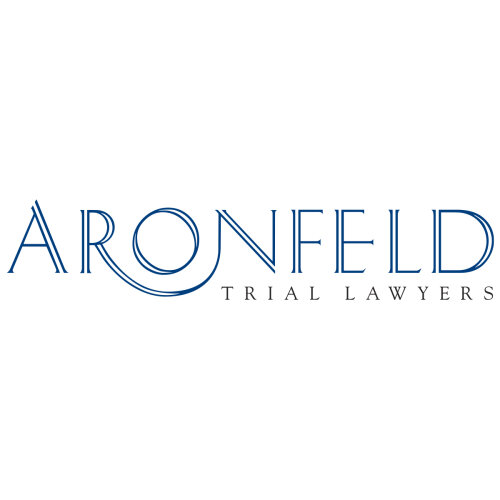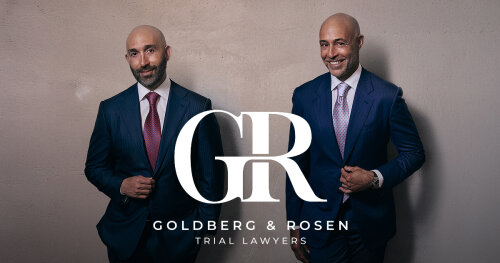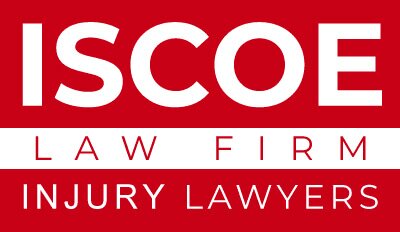Best Reinsurance Lawyers in Miami
Share your needs with us, get contacted by law firms.
Free. Takes 2 min.
List of the best lawyers in Miami, United States
About Reinsurance Law in Miami, United States
Reinsurance is a specialized sector within the insurance industry where insurers share risk by purchasing insurance policies from other insurers. This practice is crucial for mitigating large-scale risks, managing exposure, and enhancing stability in the insurance market. Miami, as a major commercial hub with significant risk exposure due to natural disasters, hosts a vibrant reinsurance market. The legal landscape here is influenced by both state and federal regulations, necessitating a keen understanding of diverse laws and industry practices.
Why You May Need a Lawyer
Engaging a lawyer in the realm of reinsurance can be critical in various scenarios. Common situations include:
- Negotiating reinsurance contracts to ensure equitable terms.
- Resolving disputes regarding claims or coverage scope.
- Navigating compliance with state and federal regulations.
- Structuring transactions such as captive formations and portfolio transfers.
- Interpreting complex treaties and policies that may impact obligations.
Legal counsel can provide clarity and protection in these matters, ensuring that reinsurance entities operate smoothly and lawfully.
Local Laws Overview
Miami, operating under Florida's jurisdiction, is subject to specific legal frameworks governing reinsurance. Here are key aspects to consider:
- Regulatory Compliance: Reinsurance contracts must comply with the Florida Office of Insurance Regulation (OIR) standards, which entails ample due diligence from parties involved.
- Financial Solvency: Florida requires strict solvency regulations to ensure that reinsurance companies can meet all financial obligations, especially after catastrophic events.
- Contractual Terms: Oversight of common provisions, such as loss occurrence, reinstatement, and claims protocols, to maintain fair and balanced agreements.
- Cross-Border Considerations: International treaties and foreign reinsurers may face additional stipulations under both state and federal laws.
Frequently Asked Questions
1. What is reinsurance?
Reinsurance is a financial agreement where an insurer transfers portions of risk portfolios to other insurers to minimize the risk of large payouts.
2. Why is reinsurance important in Miami?
Miami faces unique risks, such as hurricanes, making reinsurance pivotal for protecting primary insurers from potential large-scale financial losses.
3. How does reinsurance benefit insurance companies?
It allows them to underwrite policies that would otherwise be too risky, manage their capital effectively, and stabilize their financial performance.
4. What types of reinsurance are common in Miami?
Common types include proportional arrangements where risk is shared, and non-proportional where coverage kicks in after a certain amount of loss.
5. Are there specific licensing requirements for reinsurers in Florida?
Yes, reinsurers must follow guidelines set by the Florida Office of Insurance Regulation and may require specific licensure if directly operating within the state.
6. How are disputes typically resolved in reinsurance deals?
Disputes are generally resolved through arbitration or litigation, depending on the terms outlined in the reinsurance contract.
7. Can foreign reinsurers operate in Miami?
Yes, but they must comply with U.S. federal laws and may be subject to additional state requirements to ensure regulatory compliance.
8. What is a captive reinsurance entity?
It's an insurance subsidiary created by a parent company to insure its risks, often chosen for tax benefits and risk management purposes.
9. What is a treaty reinsurance agreement?
It's a type of reinsurance contract that covers a specified portfolio of insurance business, unlike facultative reinsurance, which is negotiated individually.
10. How can a lawyer help with regulatory compliance?
A lawyer well-versed in reinsurance can ensure agreements and practices are compliant with applicable local, state, and federal regulations, reducing legal risks and liabilities.
Additional Resources
For those seeking further information or assistance in the field of reinsurance, consider reaching out to the following:
- The Florida Office of Insurance Regulation (OIR) for regulatory guidance.
- American Bar Association's Section of Insurance Coverage Litigation.
- Reinsurance Association of America which provides industry resources and data.
- International Insurance Society which can provide a global perspective on reinsurance practices.
Next Steps
If you find yourself needing legal assistance in reinsurance, consider the following steps:
- Identify Your Needs: Clearly define the area of concern-contract negotiation, compliance, dispute resolution, etc.
- Seek Specialized Counsel: Engage with lawyers who specialize in reinsurance law; consult with local bar associations for recommendations.
- Consult Thoroughly: Discuss your specific case and gain insights into your legal position and options.
- Prepare Documentation: Gather all relevant contracts, correspondence, and records for review.
- Consider Mediation or Arbitration: Explore alternative dispute resolution methods to potentially save time and costs.
Embarking on legal proceedings or negotiations with thorough preparation and skilled legal representation can enhance the outcome of your reinsurance-related matters.
Lawzana helps you find the best lawyers and law firms in Miami through a curated and pre-screened list of qualified legal professionals. Our platform offers rankings and detailed profiles of attorneys and law firms, allowing you to compare based on practice areas, including Reinsurance, experience, and client feedback.
Each profile includes a description of the firm's areas of practice, client reviews, team members and partners, year of establishment, spoken languages, office locations, contact information, social media presence, and any published articles or resources. Most firms on our platform speak English and are experienced in both local and international legal matters.
Get a quote from top-rated law firms in Miami, United States — quickly, securely, and without unnecessary hassle.
Disclaimer:
The information provided on this page is for general informational purposes only and does not constitute legal advice. While we strive to ensure the accuracy and relevance of the content, legal information may change over time, and interpretations of the law can vary. You should always consult with a qualified legal professional for advice specific to your situation.
We disclaim all liability for actions taken or not taken based on the content of this page. If you believe any information is incorrect or outdated, please contact us, and we will review and update it where appropriate.











